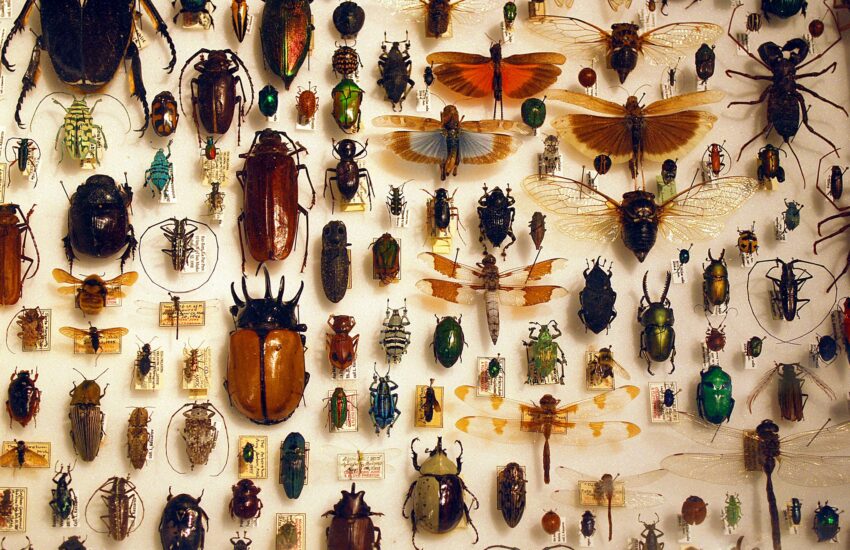The United Kingdom is home to a diverse range of wildlife, including a vast array of insect species. From buzzing bees and fluttering butterflies to crawling beetles and scurrying ants, insects play a vital role in ecosystems and ecosystems. But just how abundant are insects in the UK? In this blog post, we’ll delve into the insect population in the UK, explore the diversity of species, and discuss their significance in the British landscape.
Diversity of Insect Species: The UK boasts a rich and varied insect fauna, with thousands of different species inhabiting its diverse habitats. In fact, insects make up the majority of animal species in the UK, outnumbering all other types of animals combined. Some of the most common insect groups found in the UK include:
- Butterflies and Moths: The UK is home to over 60 species of butterflies and around 2,500 species of moths, ranging from the iconic monarch butterfly to the elusive hummingbird hawk-moth.
- Bees and Wasps: Bees and wasps are important pollinators and predators in the UK, with over 250 species of bees and around 9,000 species of wasps recorded in the country.
- Beetles: Beetles are one of the most diverse insect groups in the UK, with over 4,000 species inhabiting various habitats, from woodlands and grasslands to urban environments.
- Ants: Ants are abundant in the UK, with over 50 species recorded, ranging from tiny garden ants to larger wood ants found in woodland areas.
- Flies: Flies are incredibly diverse and ubiquitous insects in the UK, with thousands of species playing roles as pollinators, decomposers, and parasites.
Significance of Insects in the UK: Insects play a crucial role in the UK’s ecosystems, contributing to processes such as pollination, decomposition, and nutrient cycling. They also serve as a vital food source for many other animals, including birds, mammals, and fish. In addition to their ecological importance, insects also provide valuable ecosystem services, such as pest control and soil enrichment.
However, despite their ecological significance, insect populations in the UK are facing numerous threats, including habitat loss, climate change, pollution, and pesticide use. These factors have led to declines in insect numbers and biodiversity in recent years, raising concerns about the future of these essential organisms.
Conclusion: In conclusion, the United Kingdom is home to a diverse and abundant insect population, with thousands of species inhabiting its varied landscapes. From pollinating bees and predatory wasps to decomposing beetles and scavenging flies, insects play a vital role in ecosystems and provide numerous benefits to society. However, insect populations in the UK are facing challenges from human activities and environmental changes, highlighting the need for conservation efforts to protect these essential organisms and ensure their continued survival. By understanding the importance of insects and taking steps to mitigate threats to their populations, we can help preserve the rich biodiversity of the UK for future generations to enjoy.

